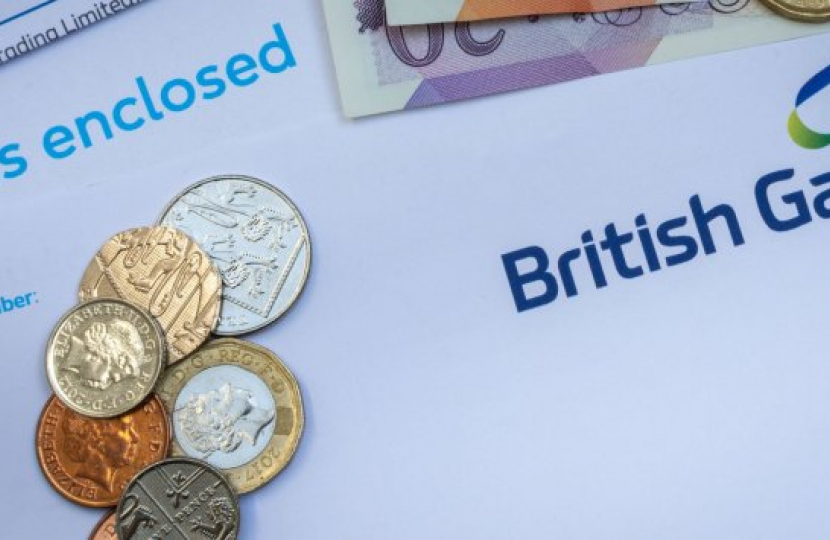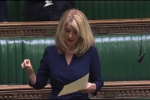
25 August
I fear that many politicians still don’t understand the enormity of the energy bill catastrophe we are rapidly hurtling towards.
Energy bills – forecast to go well above £4,000 per year as soon as January – will become utterly unaffordable for most people very soon, especially when combined with other price increases, like food and mortgage repayments. People just don’t have that much disposal income to cope with the increases in prices coming their way.
Whilst you can say the proposals by Liz Truss to cut taxes are welcome – there is no doubt that people in the United Kingdom are overtaxed – those tax reductions are not going to be sufficient to tackle this impending catastrophe, not least for those who are earning below the tax thresholds.
Smaller interventions won’t touch the sides and will rapidly be seen as being wholly inadequate.
The only realistic proposal is for the government to freeze energy costs at the current capped unit price levels for all consumers – households and businesses – and for the government to pick up the difference in price.
It should announce straight away that it will do so until the end of March 2023. In the meantime, the government urgently needs to ensure it sources the cheapest energies – not just the greenest energies. The energy policies of our country have been woeful for decades. Nuclear not invested in, shale not fully explored and net zero targets have taken priority over security, affordability and reliability with the inevitable outcomes we can all see.
I appreciate this is not an easy solution, especially for a Conservative. For a start, this solution comes at an eye watering cost – by all accounts £30 billion for six months – and there is no guarantee energy prices will be affordable in six months time, therefore requiring further expensive interventions at that point.
But the single biggest factor of these high energy costs stem from governments around the world, including our own, introducing idiotic blanket lockdowns during the covid pandemic in their countries, then re-opening them again at the same time. This surge in demand was always going to have a huge inflationary impact on prices of goods and energy.
Given that the government has done most to cause this huge energy price surge by that absurd lockdown policy, the responsibility now lies with them to sort out the mess they created and help the public and businesses through this torrid time. Of course, the war in Ukraine is now making a bad situation even worse, and there is no sense that a resolution to that conflict will be coming anytime soon.
Energy bills are ripping through the high street and causing so much harm to our businesses. In fact, the Federation of Small Businesses (FSB) shows that a majority of firms (53 per cent) are expect to stagnate, shrink or fold in the coming 12 months, and many firms are seeing energy price increases which are simply unaffordable. It would be crazy for the government to invest tens of billions of pounds to enable businesses to get through the pandemic, only to see them close now because of huge energy bills.
Smaller interventions won’t touch the sides and will rapidly be seen as being wholly inadequate, leading the government to be under constant pressure to do more. When faced with a big issue like this, small incremental steps are never going to work. You have to go in big and bold and get ahead of the curve.
As a believer in a small state, low taxes and personal responsibility, proposing this solution goes against my political philosophy, but politics is not about protecting your ideological purity. It is about doing the right thing for your constituents and the country and finding practical solutions to problems.
The government needs to act quickly and decisively, grasp the nettle and do right by its citizens, households and businesses. If it doesn't take this – admittedly dramatic –step, I fear it will never be forgiven and the consequences will be far worse than many people understand.
Esther McVey is the Conservative MP for Tatton.
Politics Home Newsletters
Get the inside track on what MPs and Peers are talking about. Sign up to The House's morning email for the latest insight and reaction from Parliamentarians, policy-makers and organisations.

